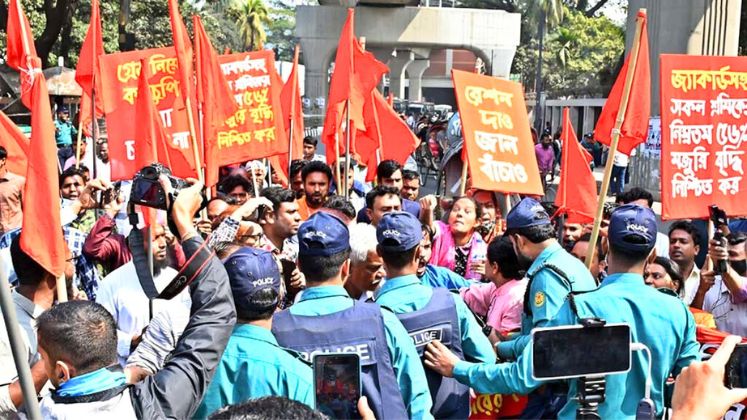
The Labour Reform Commission’s recommendations could soon lead to a suggested rationing system that would help Bangladesh’s garment workers, many of whom experience financial difficulties at the beginning of each month as a result of delayed wages. The card-based program aims to provide food support in industrial zones and rural areas, addressing rising food inflation and the workers’ essential needs.
According to experts, garment workers’ financial difficulties are made worse by the fact that they spend up to 72 per cent of their salary on rent and food, and that food inflation is higher than 12 per cent. Rations, according to proponents, could enhance productivity and nutrition, particularly during times of unemployment or plant closures.
The initiative is expected to cost approximately Taka 50 billion a year, and funding options recommend distributions through government agencies such as the Trading Corporation of Bangladesh. Budgetary restrictions, administrative capability, and implementation problems are issues, though. Factory owners emphasise the need for government assistance and voice concerns about covering costs.
Although the administration has not yet made a decision regarding the scheme’s implementation, authorities have stated that talks would begin after May Day. If put into action, the scheme might offer millions of low-wage garment workers—many of whom make substantial contributions to Bangladesh’s GDP and national economy—critical support.






